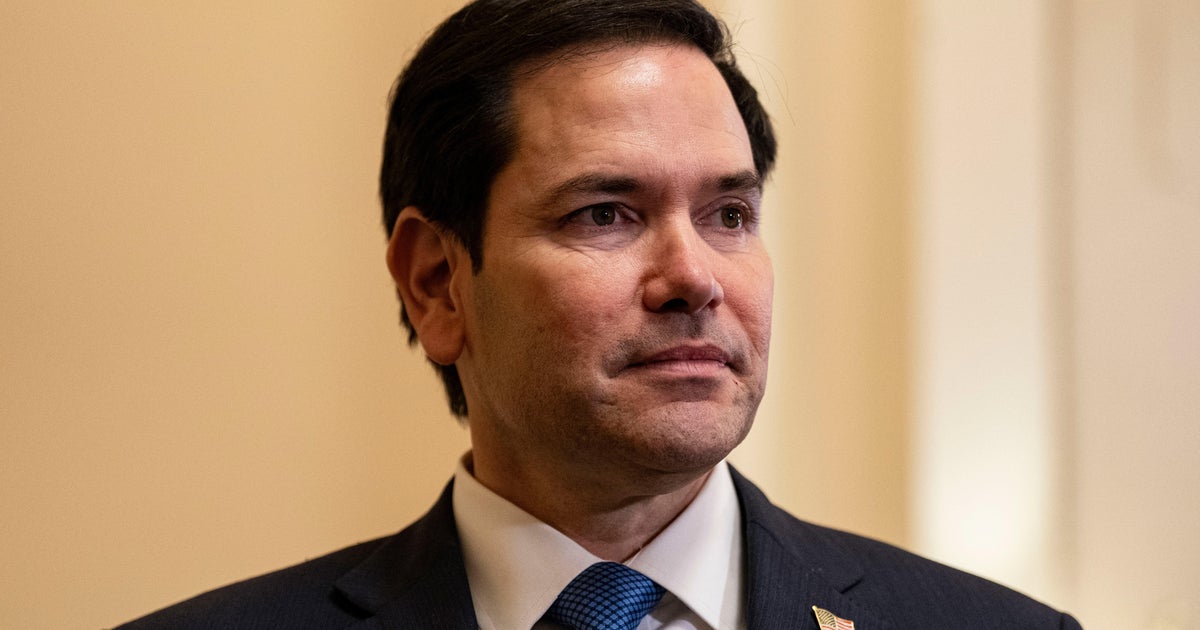Health experts have alleviated concerns about Human Metapneumovirus (HMPV), clarifying that it is not as highly transmissible as Covid-19. They stressed that HMPV should not be equated with Covid-19, saying that the origins of Covid-19 were unknown until its emergence years back.
In an interview with PTI, Surgical Oncologist Dr. Vishal Rao explained that HMPV spreads through droplets rather than verbal or airborne transmission, urging people not to panic. He highlighted that individuals who have received a flu shot and three doses of a Covid-19 vaccine likely have some immunity against HMPV, while also stressing the importance of basic precautions to prevent infection.
VIDEO | “There is no vaccine available for this virus but if you have taken a flu shot, the three vaccine doses of COVID virus, you already have immunity…This is not something that will spread by me talking or breathing like COVID. This is not the case with HMPV virus because… pic.twitter.com/XmDQP7Lc8V
— Press Trust of India (@PTI_News) January 6, 2025
There are currently no vaccines available for Human Metapneumovirus (HMPV). “There is no vaccine for this virus, but if you have taken a flu shot and three doses of the Covid vaccine, you already have immunity… This is not something that spreads through talking or breathing like Covid. HMPV is a droplet infection caused by coughing, so precautions are necessary,” said Dr. Vishal Rao.
Additional Professor for Internal Medicine at AIIMS Delhi, Dr Neeraj Nischal told ANI, ” Let’s not compare this (HMPV) with COVID-19 because that was a completely new virus, and none of us had immunity against it. HMPV has been described since 2001, and even based on evidence, it dates back to the late 1950s. By the age of 10, most children develop immunity against this.”
#WATCH | Delhi | On the HMPV virus, Additional Professor for Internal Medicine at AIIMS Delhi, Dr Neeraj Nischal says, “… Let’s not compare this (HMPV) with Covid-19 because that was a completely new virus and none of us had immunity against it… HMPV has been described since… pic.twitter.com/8yMhMDAtEC
— ANI (@ANI) January 6, 2025
India has reported three confirmed cases of HMPV—two in Karnataka and one in Gujarat. However, health officials have emphasised that there is no need to panic, as the virus is not new, and regular flu shots or three Covid vaccine doses provide immunity against it.
Dr Praveen Gupta, Principal Director & Chief of Neurology at Fortis Hospital said that the HMPV virus can travel to the brain, or it can trigger our immunity, which can cause inflammation in the brain, which is known as immune-mediated encephalitis.
“The inflammation of the brain leads to symptoms like fever, vomiting, decreased consciousness, seizures and weakness in the body, or paralysis. This can be a very serious disorder that is caused by an attack of abnormal immunity triggered by the virus on the brain cells. This can be diagnosed by doing an MRI of the brain. Sometimes, we need an EEG, and we can do a brain fluid examination called a CSF examination to evaluate the amount of inflammation in the brain. We need to treat it with medicines to reduce brain pressure, treat fever, treat seizures and immunomodulatory medicines which normalise the body’s immune reactions to prevent and heal the injury to the brain which can help people to get better,’ he said.
Experts said that HMPV spreads in ways similar to other respiratory viruses such as RSV and influenza. Transmission occurs primarily through respiratory droplets from infected individuals or contact with contaminated surfaces.
To prevent the spread of HMPV, practising good hand hygiene is essential, including frequent handwashing with soap and water. Respiratory etiquette, such as covering the mouth and nose while sneezing or coughing and wearing a mask, can also limit the spread. Avoiding close contact with infected individuals and regularly disinfecting frequently touched surfaces are additional preventive measures.
Dr. Sandeep Budhiraja, Group Medical Director – Max Healthcare & Senior Director – Institute of Internal Medicine said “During winters, often referred to as the flu season, numerous respiratory viruses circulate, particularly in the Northern Hemisphere. These viruses are categorized under respiratory or flu-like viruses. The most notable among them include the influenza virus (Influenza A and B), adenovirus, rhinovirus, COVID-19 virus, swine flu virus, and human metapneumovirus (HMPV).”
“These viruses typically cause similar symptoms such as body aches, fever, headache, nasal congestion, nasal discharge, throat pain, and throat congestion. In most cases, these illnesses are restricted to the upper respiratory tract. However, in some individuals, the disease can progress to more severe conditions, affecting the lungs and leading to complications such as wheezing, bronchiolitis, or pneumonia,” he said.
“For the majority of adults, infections caused by these viruses, including HMPV, result in mild upper respiratory symptoms. However, the impact can be severe for vulnerable groups, such as children under 5 years, elderly individuals, and people with underlying health conditions like diabetes, heart disease, liver or kidney disease (including those on dialysis), or cancer,” he added.
Dr Budhiraja further said that like other flu viruses, HMPV spreads from person to person through respiratory droplets, especially when an infected person coughs or sneezes. Unfortunately, despite over 20 years of familiarity with this virus, we still lack a specific vaccine or targeted treatment.
The incubation period of HMPV is 3-6 days. This means that once exposed, an individual may develop symptoms within a few days and, in turn, can transmit the virus to others through sneezing or coughing.
According to Dr Budhiraja, to prevent its spread, the same precautions as those for COVID-19 or any flu virus should be followed:
*Wear a mask, especially if symptomatic.
*Avoid crowded and congested areas.
*Practice proper coughing and sneezing etiquette, such as using disposable tissues.
*Refrain from shaking hands and wash your hands frequently with soap and water or use a sanitizer.
*If symptoms appear, seek medical advice promptly and self-isolate for two to three days.
*These measures are crucial to controlling the spread of HMPV and protecting vulnerable populations.”

)





